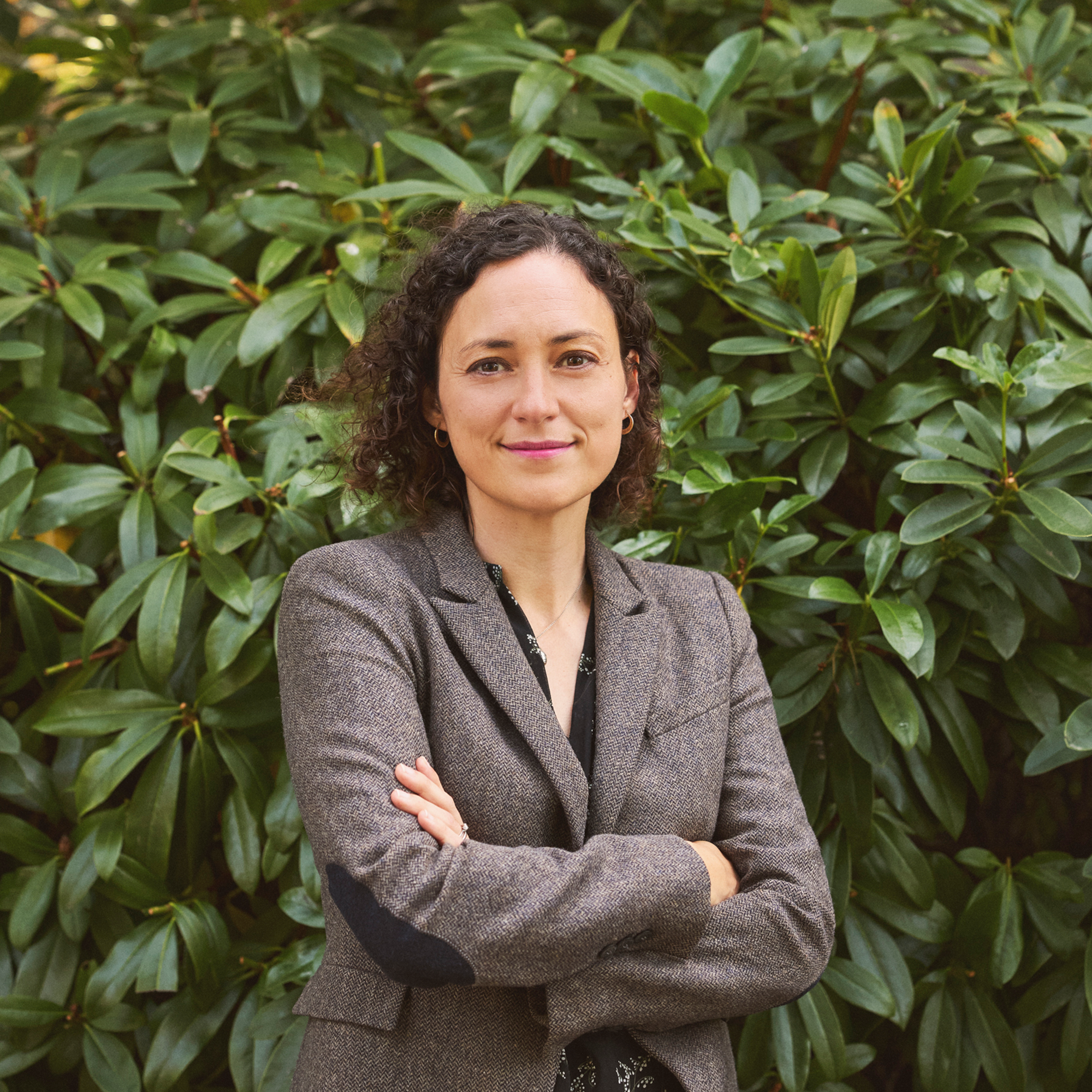UBC evolutionary ecologist awarded Arthur B McDonald fellowship
November 6, 2024

November 6, 2024

UBC evolutionary ecologist Dr. Kayla King has been recognized as one of Canada’s top young researchers, earning an Arthur B. McDonald fellowship from the Natural Sciences and Engineering Research Council of Canada (NSERC).
The prestigious fellowships—worth $250,000 over two years—are awarded annually to early-stage academic researchers in the natural sciences and engineering. Thirteen UBC Science researchers have been recognized with the fellowship. NSERC awards up to six every year.
"Congratulations to the recipients of the 2024 NSERC Prizes for their extraordinary contributions to science, engineering, and society," said the Honourable François-Philippe Champagne, Minister of Innovation, Science and Industry, in making the announcement. "Our government is proud to support these talented individuals, whose groundbreaking research is driving progress in areas like environmental sustainability, health, and advanced technologies. Their achievements not only enhance Canada's leadership in research and development, but also pave the way for a better future for all."
Dr. King specializes in understanding the intricate dynamics of host-pathogen interactions in order to forecast patterns of infectious disease and animal health. Her work combines “experimental evolution” in the lab, genomics, comparative analyses, and field collections in North America and Africa to unravel how traits such as host defense and pathogen virulence evolve—particularly under the pressures of climate change.
Appointed to the departments of Zoology, and Microbiology and Immunology, Dr. King also holds the Canada Excellence Research Chairs in Evolutionary Dynamics of Host-Pathogen Interactions. Her findings highlight the role biodiversity plays in shaping disease evolution and epidemiology, showing that genetic diversity in host populations can affect pathogen virulence and spread.
Her research promises to bolster global preparedness against infectious diseases amidst environmental upheaval and transform our approaches to conservation and public health.
We honour xwməθkwəy̓ əm (Musqueam) on whose ancestral, unceded territory UBC Vancouver is situated. UBC Science is committed to building meaningful relationships with Indigenous peoples so we can advance Reconciliation and ensure traditional ways of knowing enrich our teaching and research.
Learn more: Musqueam First Nation